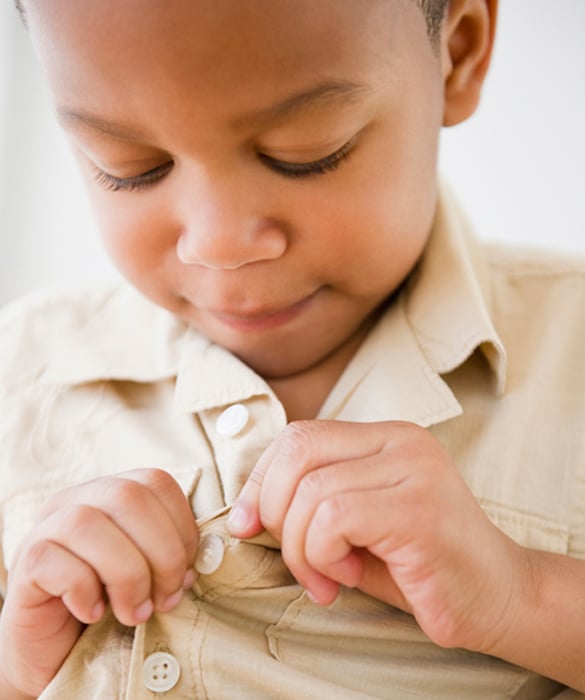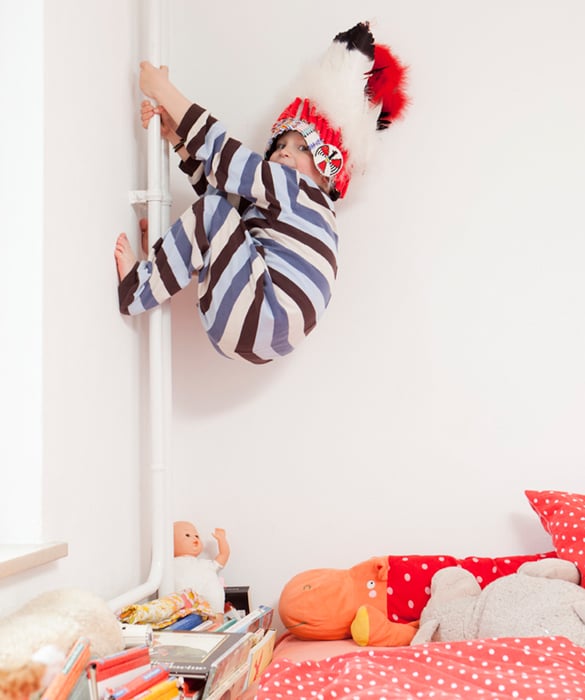Set a Goal

Identify the goal of having a morning, afternoon and bedtime routine. An example for the morning: “To get out of the house on time, every day, with all our stuff organized, a good breakfast in our bellies, and everyone smiling and excited about the day.”
RELATED: Can You Be Addicted to Pregnancy?
Go With What Works

Tap into your child’s natural rhythms and preferences. This results in fewer power struggles, more cooperation and an easier time establishing and maintaining morning routines. For example, some kids like to shower in the morning while others prefer showering the night before. Or say your child is squirrely at 5 p.m. That might be a good time to invite him into the kitchen and have him make his lunch for the following day.
Instill Confidence

Watch your kids for a few days and identify what they can do without any assistance from you, and what you need to teach them. Break new tasks into small steps and allow the child to walk through it, not just listen to you tell them how to do the task. Allow your child to master a task before you introduce another one. Success breeds confidence, and confidence breeds excitement to continue learning.
Stop the Nagging

Acknowledge your part in making the morning routine more difficult with all your nagging, lecturing, etc., and tell your kids that that from this day forward, you will be stepping back and handing the controls over to them.
RELATED: Turning the Page on Conflict
Identify a Routine

Invite the kids to talk through what the perfect morning routine looks like, then write down the routines for each person and post them in a prominent place. This helps parents stay out of their child’s routine and acts as a reminder for the kids until the new routine becomes a habit.
Give it Time

Don’t give up right away if it doesn’t go smoothly—give it at least two weeks before you make any significant tweaks. You can update and revise routines as children grow and change, or when they discover that they are tired of sliding from their bed onto the bus and are ready to take more responsibility for their morning.
RELATED: Adorable Summer Clothes for Tots
Keep it Close

Keep everything within reach to set the kids up for success. If you want your child to pack a lunch, store the food where they can reach it. Same goes for nontoxic cleaning supplies and their clothing.
Practice Makes Perfect

Let kids practice their routine or new task so there are no big surprises or glitches.
Communicate

Ask questions: What is going well? What is tripping you up? What would you like to work on? What do you want to change? Initially parents might say that this sounds like a lot of work, but it comes down to changing how we talk to our kids. In the end, the quality of your conversations will improve and the quantity of talking will diminish.
Get Ahead

Allow your kids to discover what tasks take extra time and let them figure out that they might want to prepare the night before.




